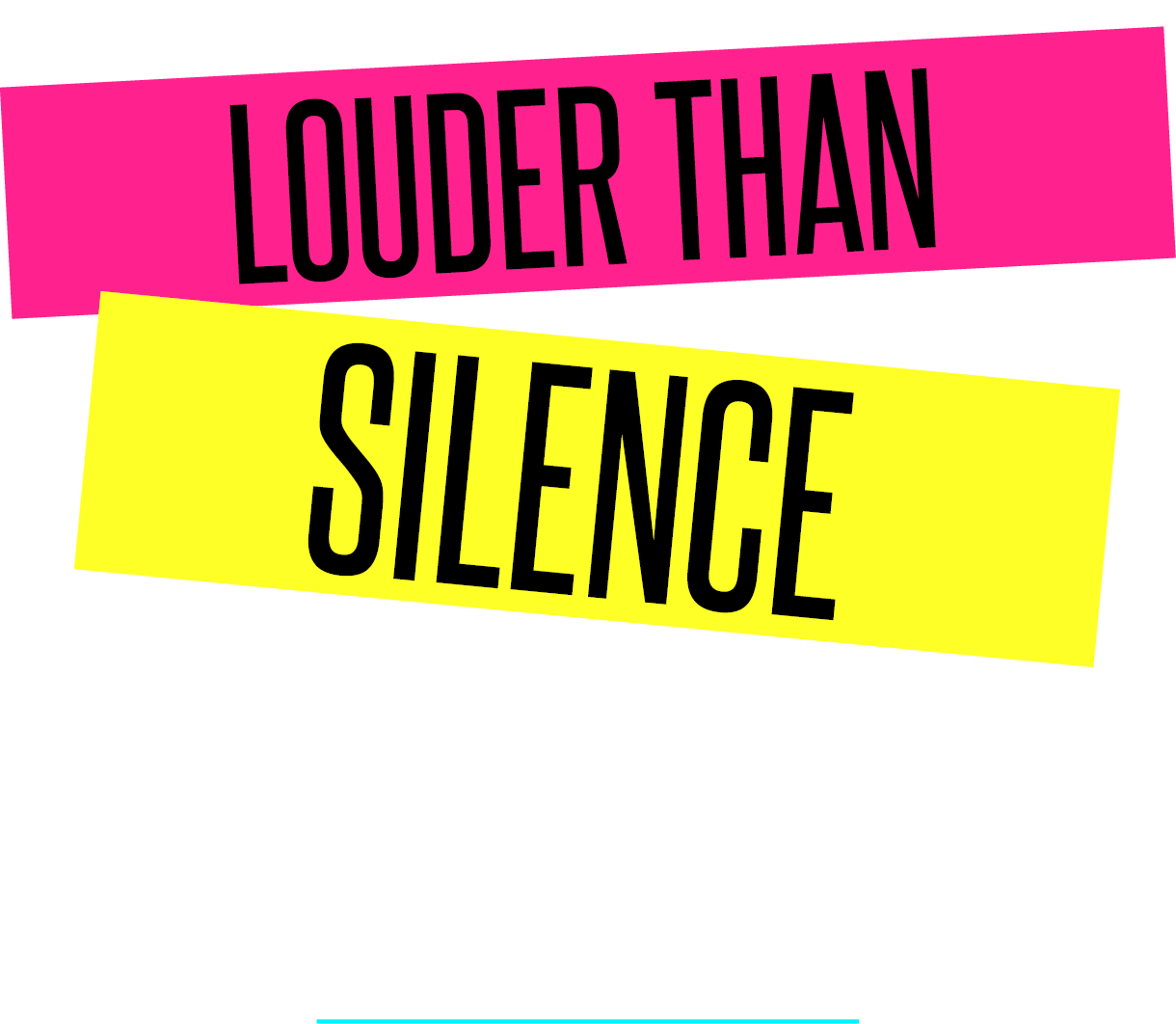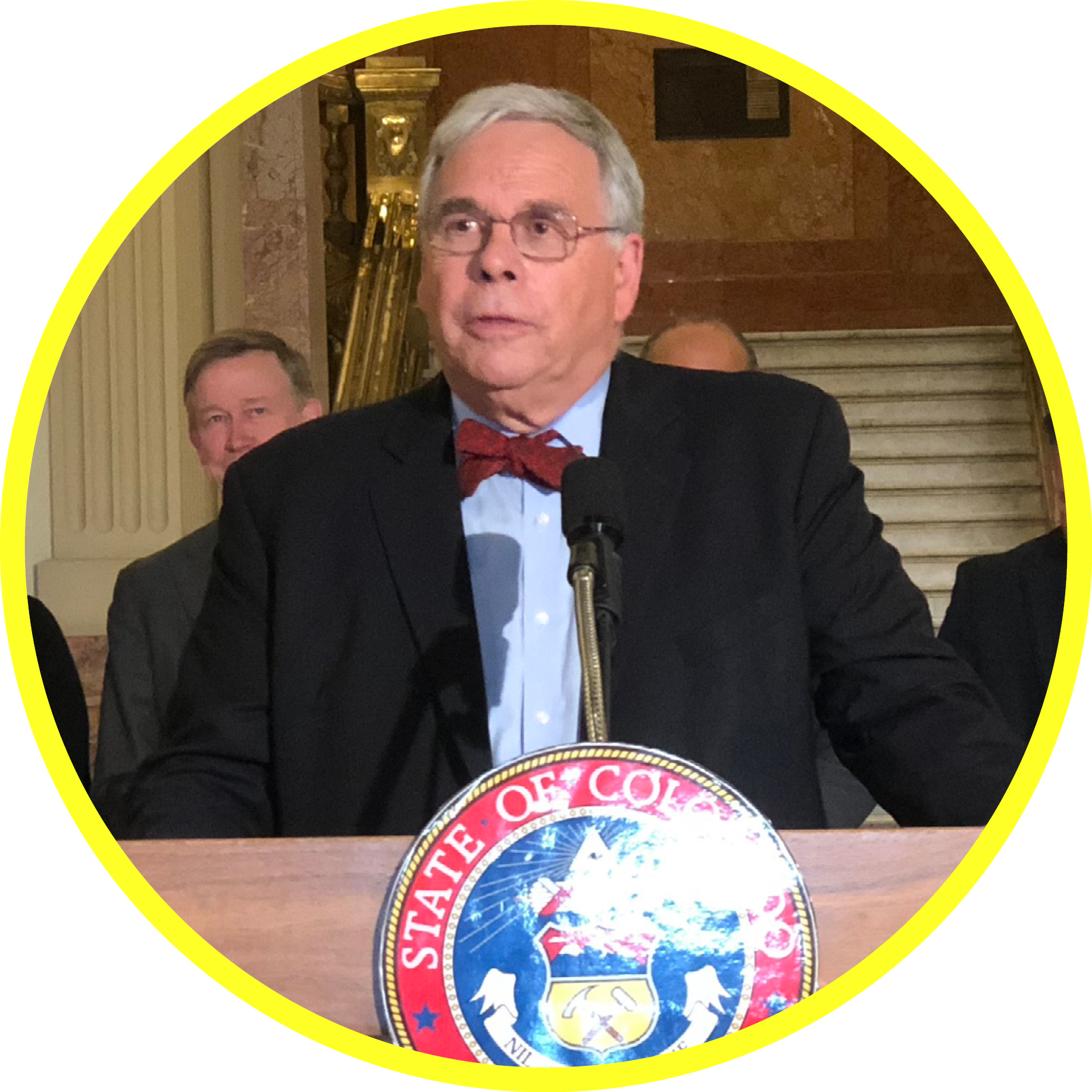

Dr. Richard Krugman
EndCAN Co-Founder & Board Chair
Episode 20: A Future without Child Abuse
Dr. Richard Krugman, co-founder and Board Chair of EndCAN, explains why he chose to focus his career on child abuse and neglect. This subject is one few want to talk about, but Dr. Krugman explains why we must be Louder than Silence in order to create the possibility of a future where people do not experience abuse as children.
Episode Transcript
Transcript of the Louder than Silence Podcast
Episode #20 – A Future Without Child Abuse
Transcribed by Adam Soisson
[Inspirational theme music plays.]
>> Lori: Thank you for joining us. In this podcast, we are real people, talking about real things. Child abuse and neglect: a topic that is all too often left in the shadows of silence, leaving survivors alone, fearful, and oftentimes without a voice. We’re having conversations to become Louder Than Silence. It is here, where we will invite you to join us and be the change needed to end child abuse and neglect.
>> Dick: This is Dick Krugman, I’m a pediatrician and Chair of the Board of the National Foundation to End Child Abuse and Neglect. EndCAN as we are known. EndCAN.org is our website. I’ve often been asked the question “Why are you involved in child abuse? How can you do that work? It must be horrible.” My answer to that has always been that I’ve never worked in an area of pediatrics or medicine that’s as interesting. That of course is not true for everyone. There are people who simply can’t stand to deal with these kinds of cases or for that matter they don’t even want to talk about them. I understand that because that’s actually what I felt like in 1968 when I was an intern in pediatrics and I was working on the oncology ward at Children’s Hospital in Denver. In 1968 nearly every child who had acute lymphocytic leukemia, neuroblastoma, or other forms of childhood cancer died but not right away. They would be in the hospital where they were getting IV treatments, sometimes you would have to do spinal taps and inject drugs into their spinal fluid and these very sick, very emaciated children would never, ever survive. I would come home every other night from the hospital when I was working on that service very depressed. I said to my wife, “I don’t know how anybody can do work in oncology. I just don’t understand it.” Happily, the oncologists in the 1960s were just as intrigued about the challenges of immunology, therapeutics, pharmacology, and the caring for children with cancer as well as trying to identify the reasons for the cause of the cancer and trying to prevent the cancers from coming that over the course of the next 50 years, and with the help of hundreds of millions, billions of dollars from the National Institutes of Health, acute lymphocytic leukemia of children is no longer a fatal disease for the vast majority of children who get it. It’s treatable and the five year and lifetime survivals are very good. So it’s a good thing that not everybody was depressed by dealing with children with cancer in the 1960s. I’ve always been interested in human behavior and there’s a lot of human behavior that goes on in families where abuse and neglect is an issue. Whether the behaviors of the children who try to adapt to it, if in fact it’s a family member they love who’s abusing them. Or the abusers, whether it be the parents or step-parents or neighbors or grandparents or uncles, that their behavior makes one wonder why they would do that and what is it about the behavior of families and society at large that absolutely doesn’t want to talk about this at all. It’s that silence that is devastating and it’s that silence that we are focused on at EndCAN in trying to eliminate it and have people be Louder Than Silence so that we can help all of the adults who have been abused as children be Survivors and Thrivers, and even Transcenders of their early childhood experience.
So when people ask why I chose child abuse, I can’t think of a more interesting area to work in personally. I can’t think of another area that impacts so many parts of our society and so many other conditions that we’ve been addressing for years without thinking about child abuse as an ideology. For example, years ago we never talked about the alcoholics in our family. Alcoholism and substance abuse was one of those taboo subjects. There is now billions of dollars a year being spent on dealing with alcohol and substance abuse. Interestingly the folks who are working in that area rarely if not ever deal with the reality that some percentage – and I don’t know what that percentage is because no one’s done the research yet – but some probably significant percentage of people who do not successfully address their alcohol or substance abuse aren’t getting better because no one has raised the issue of abuse as a child, that they still carry the stigma and the shame from. The same was true years ago with breast cancer. I had an aunt in the 1960s who had breast cancer but nobody in the family would talk about it. Now, thanks to the Susan Komen Foundation and lots of other groups, breast cancer is not only talked about but is clearly viewed as a health issue. People advocate for it. We’ve raised billions of dollars to do research on it and the outcomes for women with breast cancer in 2020 far exceed the outcomes for women in the 1960s and 70s in this country and around the world. So instead of saying “why are you involved with child abuse and neglect?” I’d say, why not. Why wouldn’t you want to be involved with what’s the last health, mental health, and public health issue that’s completely open for research exploration, for dealing clinically with treatment and most important, for trying to put together prevention programs. One of our goals at EndCAN is that sometime in the next year or so we’ll be in a position that all of the 3.5 million babies born in the United States might be able to grow up in an abuse-free environment. Think about it. If there was no abuse in a generation, in two generations you would probably be very close to eliminating child abuse in our lifetime and that is our goal and we hope you’ll join us in it. I don’t think there’s anything else I ought to say after that because we need your help. EndCAN.org. Join us anytime.
[Inspirational theme music plays.]
>>Lori: I want to thank each of you again for joining us today and listening in. If you or someone you know is being abused, please call 1-800-4-A-CHILD. To learn more about EndCAN, visit www.endcan.org or find us on all social media platforms. Join us in being Louder than Silence and being a part of the change. Please leave a comment, like our podcast, or share with your friends. The more the word spreads, the more of a collective impact we can have. If you have a question or you know someone who would want to be a guest on our podcast, please contact bethechange@endcan.org. Thanks again, and have a great day.
<END>


